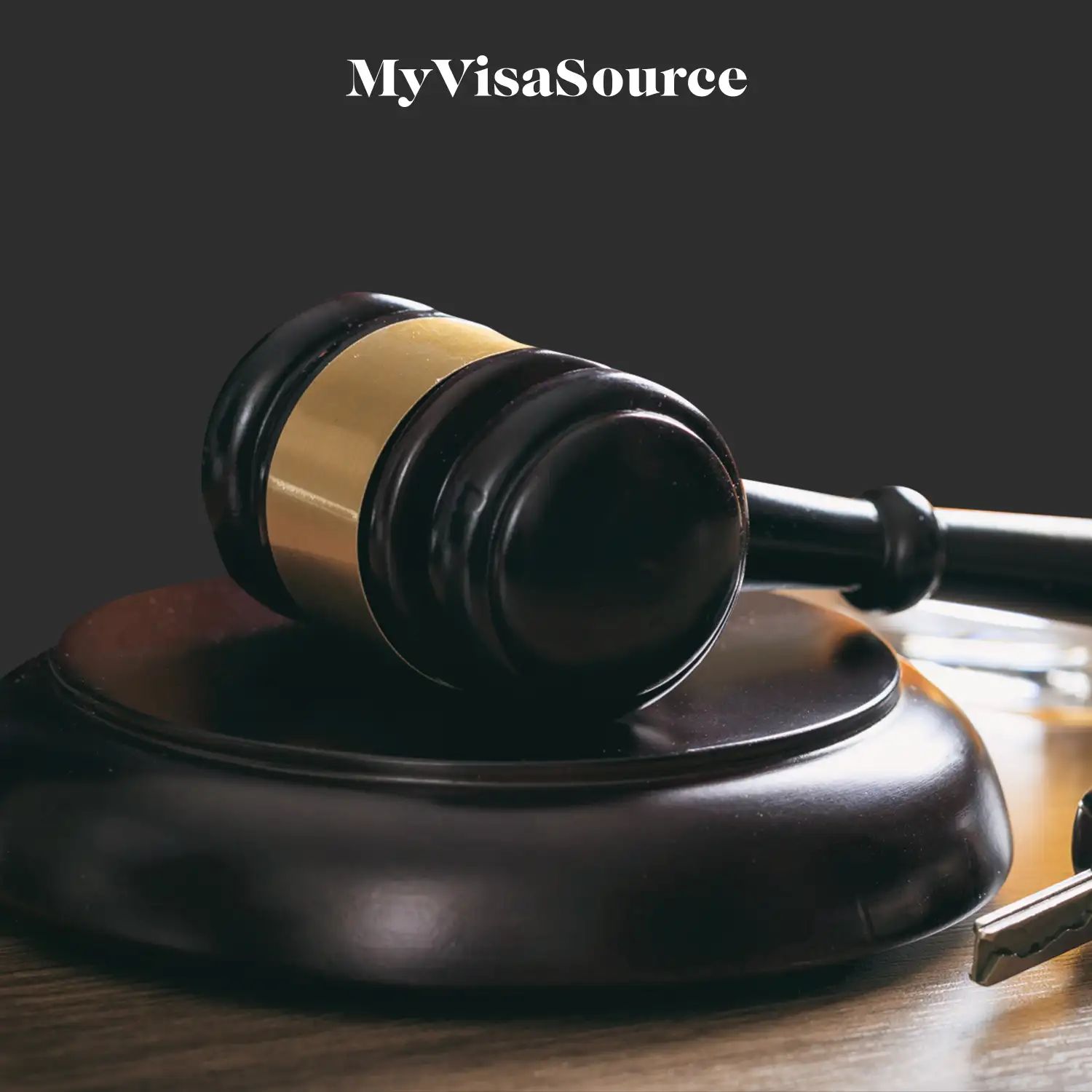Have you been denied entry to Canada because of a past DUI conviction? You’re not alone. Many people who’ve tried to travel to Canada have been surprised that such a criminal conviction – even if committed a long time ago – can make it impossible to enter Canada. What you need is an experienced immigration lawyer.
How are you denied entry at the border after a DUI conviction?
The Canadian Border Services Agency officer will ask you if you’ve ever been arrested, fingerprinted, and/or if you appeared in court for any crime. This includes driving under the influence (DUI), also known as driving while intoxicated (DWI).
Drunk driving or driving under the influence (DWI) charges may also appear on your record as one of the following:
- Driving without Due Care and Attention
- Reckless Driving
- Wet and Reckless
- Operating under the Influence
- Driving While Impaired
What Is Your CRS Score For Express Entry?
Learn More


















